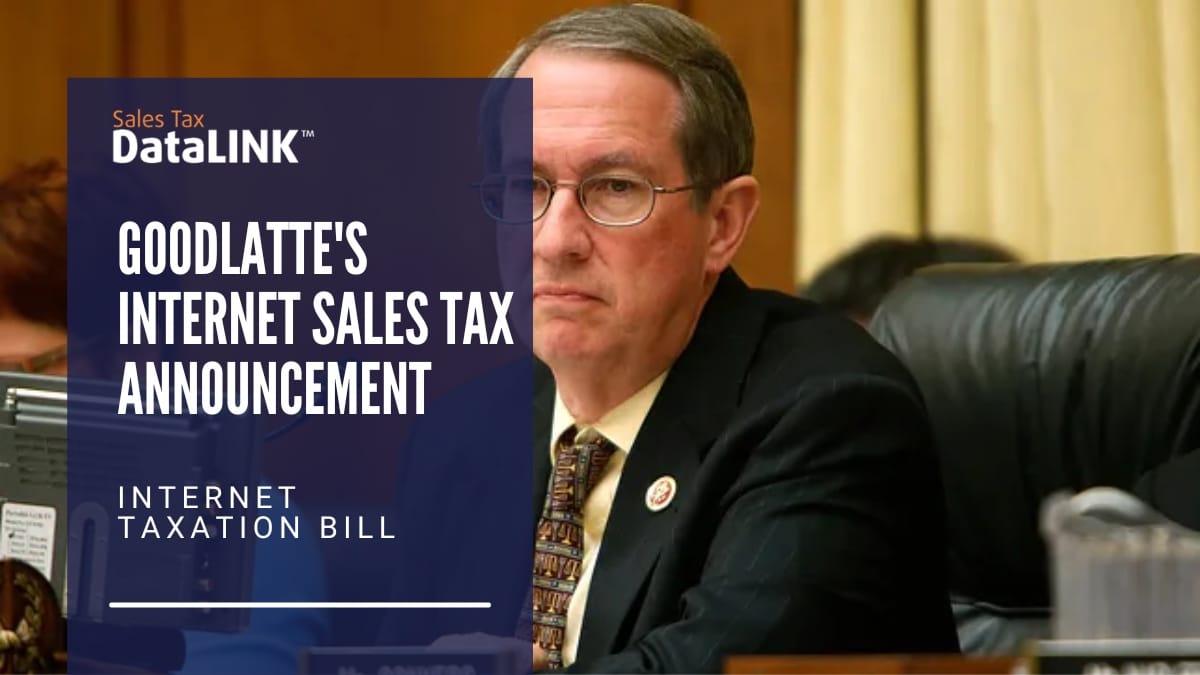United States Representative Bob Goodlatte announced on Wednesday the tenets of his new internet sales tax plan. Goodlatte (R VA), the Chairman of the House Judiciary Committee, has previously noted that the MFA is too complex for small businesses to work with. An activist group caught him saying the MFA would not pass, and commentators are describing his new announcement as a roadblock for any similar legislation. Wednesday’s announcement clarifies his goals for an internet taxation bill and how he plans to approach the issue and shepherd it into law. Goodlatte’s announcement centers on seven principles of Internet taxation.
Without these points in a new internet sales tax bill, there’s little chance of it passing through the House — and the Senate MFA bill does not involve these tenets. Goodlatte wants these principles considered in any law about internet sales tax:
- Tax relief: a new law should not involve new taxes.
- Tech neutrality: e-commerce, brick-and-mortar, and brick-and-click businesses should be affected equally by sales tax. No regulation without representation: taxpayers should have recourse if they feel the law is applied unfairly.
- Simplicity: the system should be simple enough that businesses of all sizes can comply without undue burden.
- Tax competition: foreign merchants should not have an advantage over U.S. shops.
- Sovereignty: the state should continue to impose and collect taxes.
- Privacy: consumers’ personal information should be protected.
One of the obvious consequences of this is that e-commerce businesses with less than a million dollars in annual revenue can no longer assume they’ll be exempt from internet sale tax laws. It’s a great time to get to know our sales tax software so you can be on top of your sales tax issues whenever the laws change. While it remains to be seen what effect this will have on businesses and sales tax collection, be sure to sign up for our newsletter to stay up to date on what’s new in sales tax.




